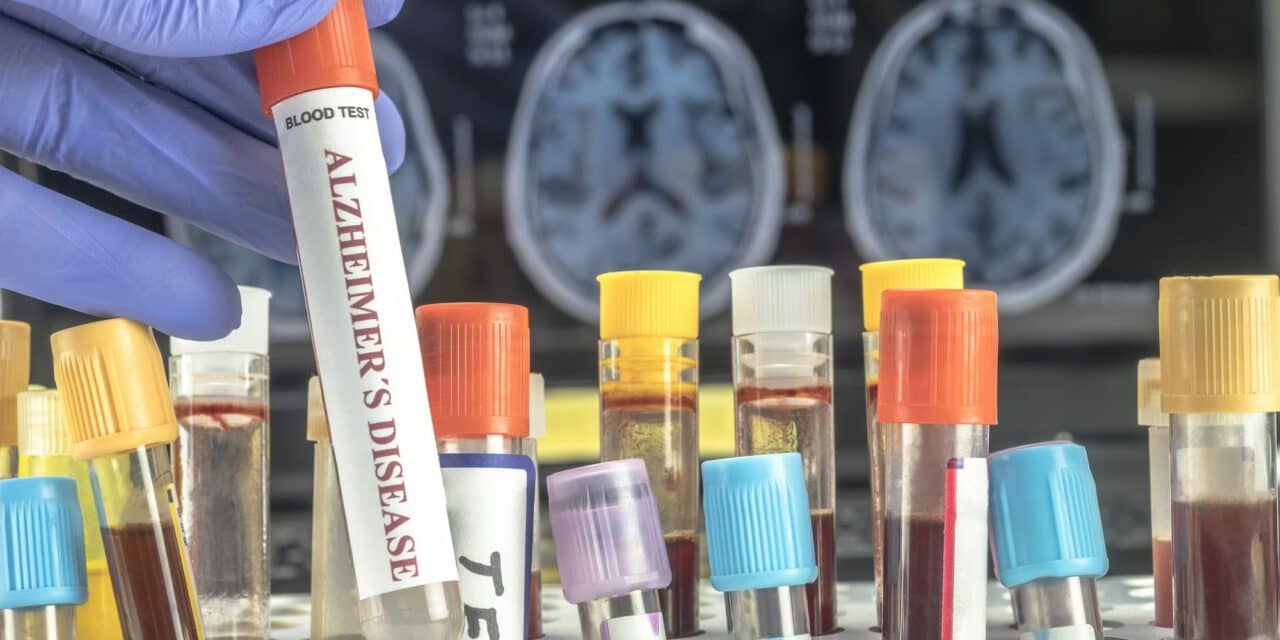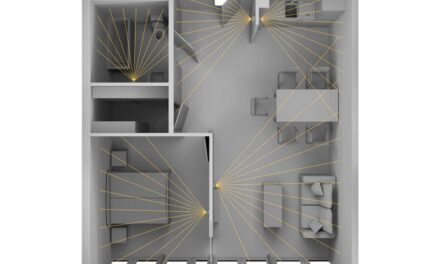Diadem srl, a company developing a blood-based test for the early prediction of progression to Alzheimer’s disease (AD), has announced results from a retrospective longitudinal study of its AlzoSure Predict prognostic biomarker test. The study, A conformational variant of p53 (U-p53AZ) as blood-based biomarker for the prediction of the onset of symptomatic Alzheimer’s disease, is now available as a medRxiv preprint prior to its submission to the Journal of Neuroscience. The company says, the results confirm that AlzoSure Predict accurately identifies individuals with no or only minor cognitive impairments who will progress to fully symptomatic Alzheimer’s disease up to six years before dementia symptoms are evident.
Consistent with earlier studies of AlzoSure Predict, its prognostic performance in the new study was high, predicting the onset of AD dementia up to six years before symptoms appeared in individuals who were classified as either cognitively normal (CN) or as having minor cognitive impairment (MCI) at baseline, achieving AUC values of around 99% over the years of study follow-up. The data also confirm the test’s capability to discriminate between patients at different stages of cognitive decline, from asymptomatic to mild impairment to full AD dementia. In this 482-patient cohort from the Australian Imaging, Biomarkers and Lifestyle (AIBL) study, AlzoSure Predict also demonstrated superior predictive performance to standard PET imaging measures of amyloid b load (P<0.001), as well as AD-related genetic biomarkers, according to the company.
The Diadem AlzoSure Predict assay uses a proprietary antibody, U-p53AZ, to measure blood levels of an unfolded conformational variant of the p53 protein that has been implicated in the pathogenesis of AD. The analysis is based on longitudinal data from the AIBL study cohort spanning the AD continuum from cognitive normal to fully symptomatic AD. Patients were followed for up to 144 months. The data include comparative results from PET imaging and other commonly used AD diagnostic tools.
Diadem is developing the AlzoSure Predict assay as a simple, non-invasive plasma-based biomarker test to accurately predict the probability that a patient with asymptomatic mild cognitive impairment will progress to Alzheimer’s dementia. The company’s patented technology uses an analytical method that includes a proprietary antibody developed by Diadem designed to bind to the conformational variant U-p53AZ protein and its target sequences. Diadem is currently conducting a follow-up study using additional longitudinal data from different cohorts and centers in Europe and the United States to validate these newly published findings and compare and correlate the potential of U-p53AZ as a blood-based biomarker with traditionally studied markers of AD pathology. Results are expected later in 2021.





